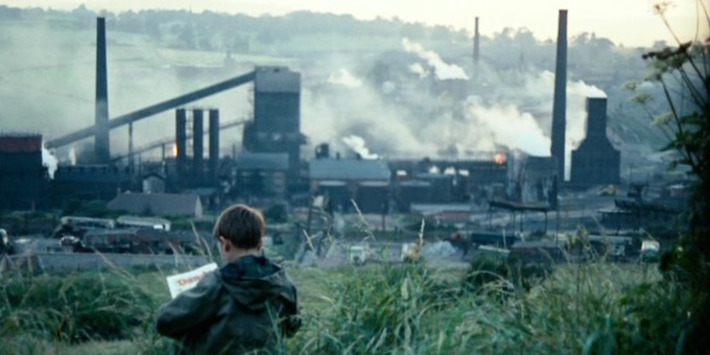One of the things I was taught as an elementary school student in Illinois was that America differed from Europe in that it was founded as, and has remained, a classless society. These days, if politicians such as Barack Obama or Bernie Sanders bring up the disparities among the classes in America, they are accused by their political opponents of conjuring up class consciousness in order to foment class warfare. Unfortunately, of course, Obama and Sanders are right, and my schoolteachers were wrong. And while class disparity manifests in all sectors of society, for those who seek careers in literature, class differences have a huge impact on who gets hired and who gets published. This, in turn has a real effect on the portrayal of class in literature, and in media depictions of the writer’s life.
In the past few years, countless essays, articles, charts, graphs, and surveys have been published making the case for greater gender and ethnic diversity in the literary world, that our literature might present back to us a truer accounting of the society in which we actually live. There remains a long way to go but we have slowly come to understand that by publishing more writers of color, by increasing the number of women’s bylines, by being more inclusive, we will increase the quality of our collective storytelling.
But very little has been explicitly articulated about the exclusion of the great American underclass, that perpetually poor group on the bottom tier of society that includes all races/genders/creeds. And as we winnow out opportunities for art about poverty, we lose so much potential for change.



 Your new post is loading...
Your new post is loading...























